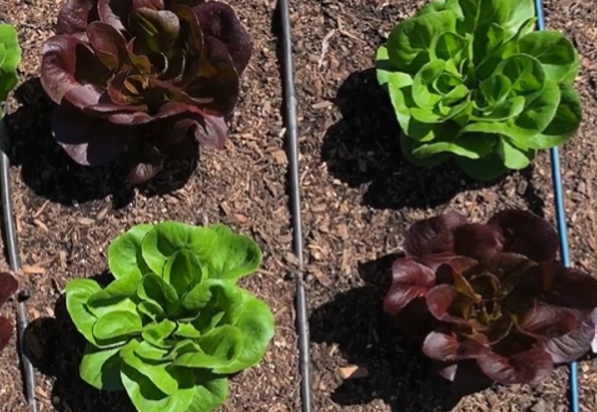How to prepare your garden for winter
17-Oct-2024By taking these steps to prepare your garden for winter, you can ensure that your plants and soil remain healthy through the cold months and are ready to flourish again in the spring.

As the temperatures drop and the days grow shorter, it's time to prepare your garden for winter. Proper preparation can ensure that your plants survive the colder months and emerge healthy in spring. Here are some essential steps to get your garden ready:
1. Clean Up and Prune
Begin by removing dead plants, weeds, and debris. Cleaning up the garden helps prevent pests and diseases from overwintering. Prune any dead or damaged branches from perennials, shrubs, and trees, but avoid pruning too much to protect them from frost damage.
2. Mulch Your Beds
Applying a thick layer of mulch around your plants helps regulate soil temperature and retain moisture. It acts as an insulating blanket, protecting roots from freezing. Organic mulches, like straw, leaves, or wood chips, work well for this purpose.
3. Plant Cover Crops or Green Manure
If you have a vegetable garden, consider planting cover crops like clover or rye. These crops help prevent soil erosion, suppress weeds, and can be turned into the soil in the spring to enrich it.
4. Protect Delicate Plants
Bring sensitive potted plants indoors and consider using frost blankets or cloches to cover delicate plants that remain outside. Some plants may need to be moved to sheltered areas or wrapped in burlap to survive freezing conditions.
5. Tidy up the Lawn and Borders
Rake up fallen leaves and aerate your lawn to improve water and nutrient absorption. This allows the grass to strengthen its roots for the winter. Trim the edges of flower beds and clear any plant material that could harbor pests.
6. Winterize Tools and Equipment
After the gardening season ends, clean and store your tools properly. Oil the blades of shears and shovels to prevent rust, and drain hoses to avoid freezing and cracking. Storing everything in a dry place ensures they’re ready for use next season.
7. Add Compost and Amendments
Fall is a great time to add compost or manure to your garden beds. The nutrients will break down slowly over the winter, enriching the soil for spring planting. Adding organic matter can also improve soil structure.
8. Plan for Spring
Take stock of your garden’s performance over the growing season and plan for improvements. Autumn is also an excellent time to plant bulbs like tulips and daffodils, which will bloom beautifully come spring.
By taking these steps to prepare your garden for winter, you can ensure that your plants and soil remain healthy through the cold months and are ready to flourish again in the spring.







